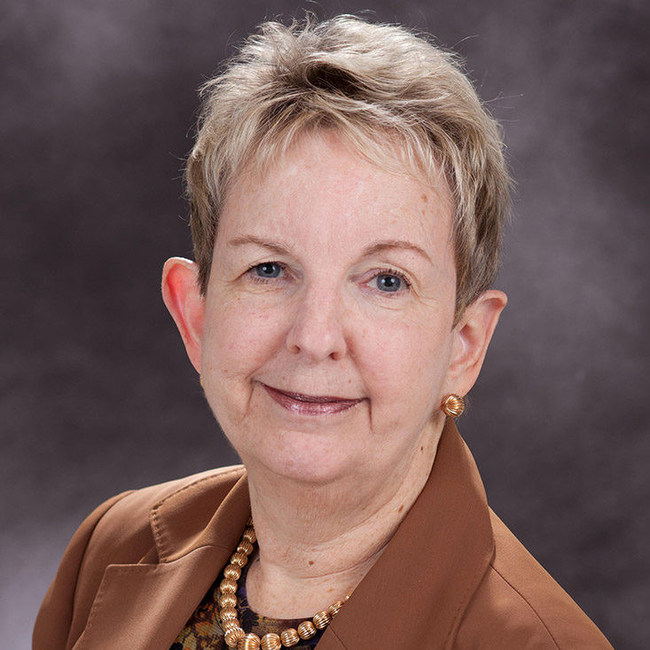
Institution Spotlight: Melvin and Bren Simon Comprehensive Cancer Center
May 29, 2020
Remembering Valerie Guild, a Tireless Advocate for Patients with Melanoma
May 29, 2020Lynne Wagner: COVID-19 Emotional Support Resources

Zen stones in water


Novel Virus, Novel Stressors: Emotional Support Resources for Physicians and Health Care Providers
By Lynne I. Wagner, PhD
@LynneWagnerPhDAnxiety is a normal, emotional response to a threat, and COVID-19 has threatened each and every one of us to our core. COVID-19 has added unique challenges and uncertainty to an already overwhelmed health care system populated by a health care workforce teetering on professional burnout. COVID-19 has significantly increased work demands by elevating the medical complexity of caring for patients with cancer. Social distancing requirements have led to changes in workflow, the need to learn new processes and technologies to deliver telemedicine, and physical disconnection from our patients and colleagues. Unknowns related to the course of the pandemic contribute to our demands by requiring constant adjustments to a shifting landscape.
This novel virus introduces novel stressors. Changes in our work and personal lives are occurring in tandem with diminishing resources in the workplace, including reduced access to equipment intended to keep us safe and reduced staffing due to illness.
In very simple terms, stress occurs when demands exceed our resources. When demands are on the rise as they currently are due to COVID, an excellent strategy to recalibrate the stress equation is to bolster one’s resources. The most effective way to reinforce your coping resources is to employ strategies that address both the controllable and the uncontrollable aspects of the stressor
Many aspects of this pandemic are out of our control, including its course and the behavior of this novel virus. People get stuck when they dwell on uncontrollable aspects of stress, which can lead to worry and rumination. First, focus your attention on using problem-focused coping strategies to address controllable aspects of current stressors.

Controllable Stressors: Problem-Focused Strategies
- Seek info on COVID and practice management
- Consult with colleagues
- Leverage resources to reduce exposure risk
- Increase personal health behaviors
- Employ active coping and self-care
Many organizations, including the American Society of Clinical Oncology and the National Cancer Institute, have information available on COVID and clinical practice guidelines. VitalTalk is a nonprofit organization that provides resources to facilitate high-quality patient-provider communication. Dr. Anthony Back (University of Washington) co-founded VitalTalk and has created an impressive COVID-ready communication skills guide to address the many complex and difficult clinical scenarios imposed by COVID-19.
Once you’ve addressed controllable factors of stress, you can use emotion-focused coping strategies to reduce the stress that remains after addressing factors within your control. Some examples are listed below. When stress and anxiety are high, it can help to hit the reset button by purposefully redirecting your attention to the top of the list to focus on things in your control.

- Emotional expression
- Cultivate compassion
- Cognitive reappraisal
- Mindful meditation
- Distraction

Advances in technology have led to the rapid expansion of web-based programs and apps to promote health and self-management. I strongly recommend the web-based program available for free at www.virusanxiety.com. The site provides comprehensive education on health-related anxiety and a range of techniques and interactive exercises to promote adaptive coping skills.
Headspace is a wonderful app to teach mindful meditation. Mindfulness is a very effective strategy to provide relief from anxiety about the future by focusing on the present. Headspace has added content titled “Weathering the Storm,” which is tailored to managing COVID-related stress and is available to health care providers free of charge.
The Calm app provides dozens of mindful meditation exercises as well as sleep stories, which offer an effective distraction from the worrisome thoughts that keep us up at night. Calm also provides diaphragmatic breathing exercises. Diaphragmatic breathing is a deceptively simple way to engage the parasympathetic branch of the autonomic nervous system to reverse the negative physiological effects of stress.
Mentalhealthapps.org provides access to eHealth interventions that have been publicly funded and are now available for free.
Last, the Cancer Support Community is a wonderful resource for patients and their caregivers. The website is www.cancersupportcommunity.org. In response to COVID, the Cancer Support Community has expanded the hours for its toll-free support line: 888-793-9355.
Dr. Wagner (Wake Forest School of Medicine) is Co-Director of the ECOG-ACRIN Cancer Control and Outcomes Program, Cancer Research Group.![ECOG-ACRIN logo[19516]275×75](https://blog-ecog-acrin.org/wp-content/uploads/2021/03/ECOG-ACRIN-logo19516275x75.png)
